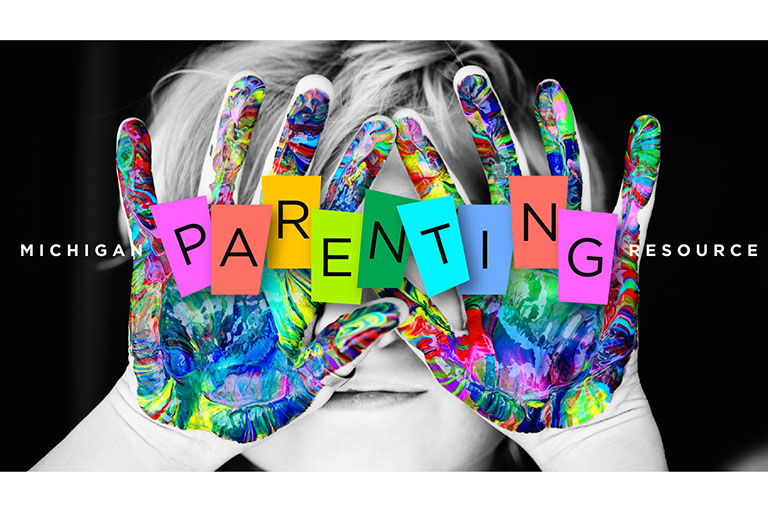Journalism Faculty and Students Produce Videos Working Closely with Michigan Families
Michigan State University researchers Dr. Kendal Holtrop and Amol Pavangadkar teamed up with the Michigan Parent Management Training - Oregon model (PMTO™) program to develop a series of short, research-based parenting videos accessible to parents and caregivers across the state of Michigan.
Following Michigan’s statewide “Stay Home, Stay Safe” initiative in response to the novel coronavirus strain, COVID-19, the videos launched on May 18 on the official MI Parenting Resource website. Michigan residents can access all of the website’s videos and information, when they register using their county and zip code.
The video series builds off foundational concepts of GenerationPMTO, an evidence-based parenting intervention backed by over 50 years of research. This project was led by Dr. Holtrop, an associate professor in the Department of Human Development and Family Studies at MSU.
According to the Kids Count data center, there are over 400,000 Michigan children with a behavioral, emotional or developmental condition. The MI Parenting Resource program can provide support to families of these children, as well as any parent or caregiver looking to improve their family dynamic — especially throughout the unique hardships brought on by the coronavirus pandemic.
The program is uniquely designed to foster healthy parent-child relationships, empowering parents by providing tools that build off strengths they already have.
“This program is all about caregivers teaching caregivers,” said Holtrop. “We are hoping to decrease the intimidation, guilt and stigma individuals feel when they reach out for parenting help.”
Holtrop added, “This program is meant to reach families who often struggle to access needed parenting services, such as rural families, under-insured families and families with less financial resources. This is a way for these families to receive the support they need, completely free, from the convenience of their computer or smartphone.”
On top of creating the website and developing its content, Holtrop and her team will also be collecting program data to measure user satisfaction and evaluate changes in parent-child interactions.
The videos were produced by Pavangadkar, a professor in the Department of Journalism in the College of Communications Arts and Sciences at MSU. Together with a team of talented undergraduate students, Pavangadkar supervised the creation of 22 brief videos, featuring families who have gone through the PMTO parenting program.
"For us, the whole concept was that we were producing content that would help the community in Michigan in understanding how they could be better at parenting," said Pavangadkar, who led students in the filming as they visited the homes of participating families in Michigan.
The team traveled to seven families’ homes across the state, gathering testimony which was then edited into short, accessible videos about different aspects of the program.
"The videos cover three major topics," said Pavangadkar. "One is called clear directions, meaning how to be as clear as you can when communicating with children and how that communication effects either response times or behavioral changes or expectations. The second topic is called skill encouragement, meaning you have to understand what may incentivize children. It may not be material incentives all the time. It could be spending more time with them, it could be understanding what their needs are, it could be spending more time on studies, as opposed to watching television."
"The third is called emotional regulation," he said. "That’s the most difficult one, both for the caregivers but also for the children. This has to do with understanding what the children are going through, as well as how to control your own behavior in terms of parents or caregivers.”
As the team worked to produce the videos, they realized the series could have a much broader impact than they initially thought. Caregivers who participated in the training program found it more helpful than other resources, because the scenarios were shared by real families who were actually using the parenting model, rather than staged actors.
"It has been a life-changer for the group," said Pavangadkar. "It has stabilized relationships and reduced conflict in the family structure. The mutual respect is much higher than it used to be. Most importantly, the family members are proud of each other."
Access the videos and other available parenting resources here.
